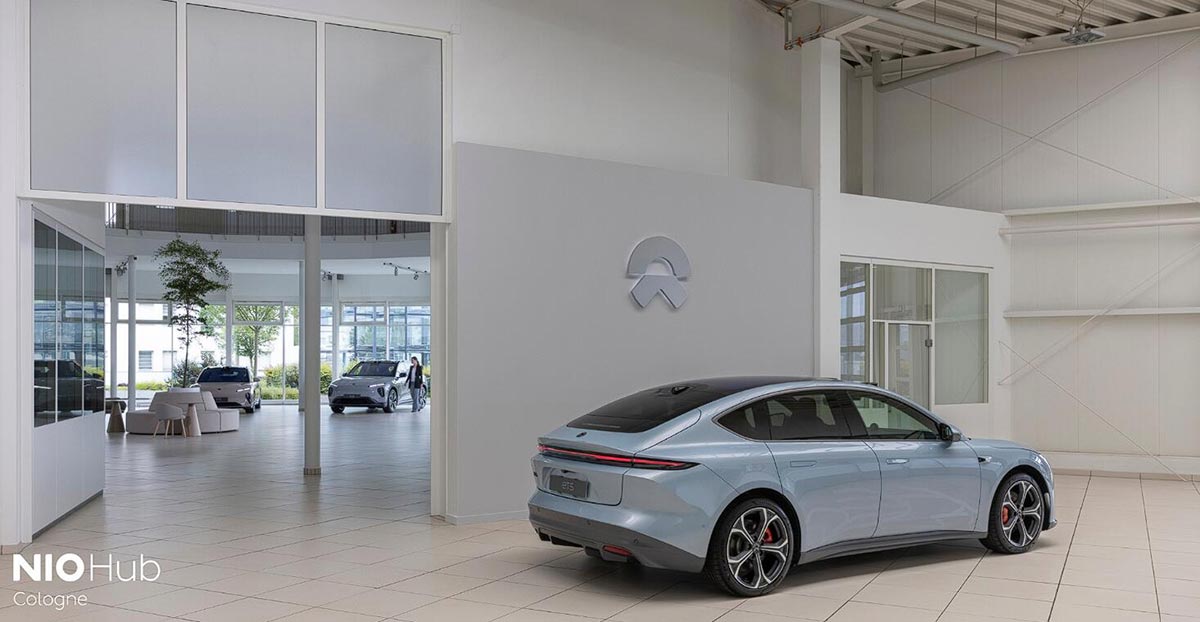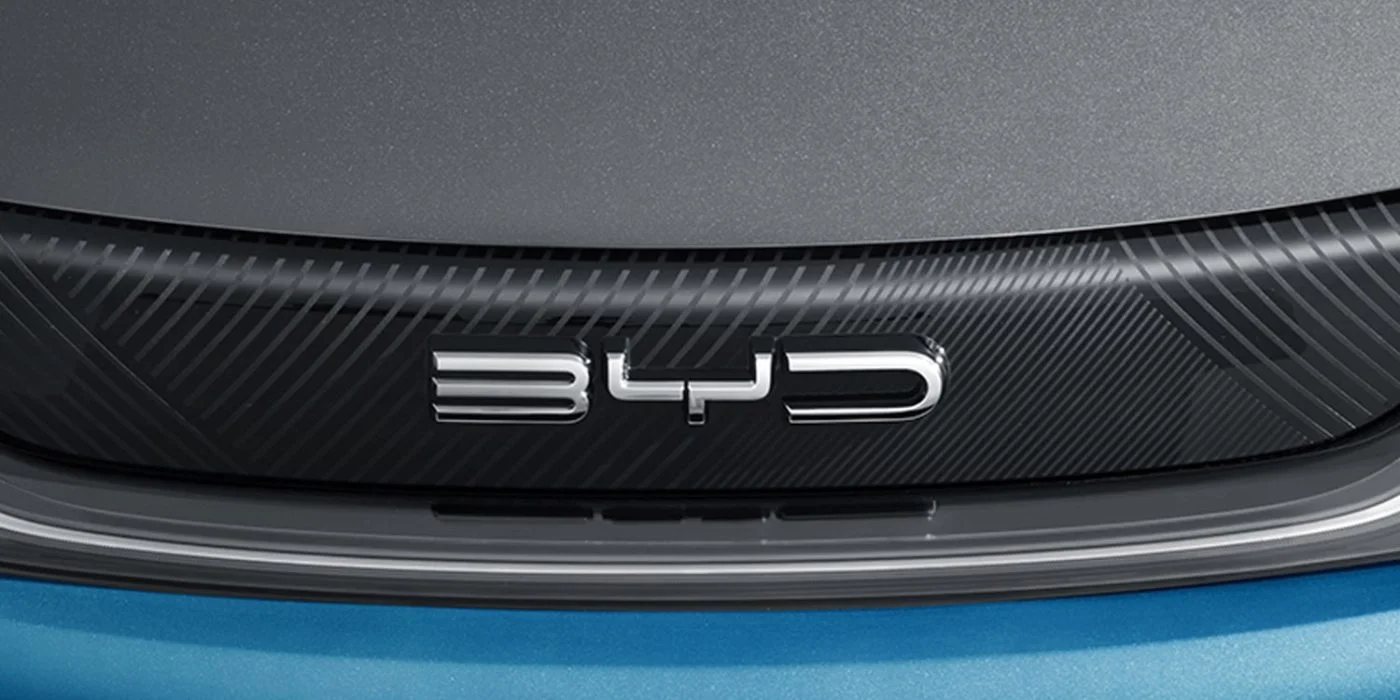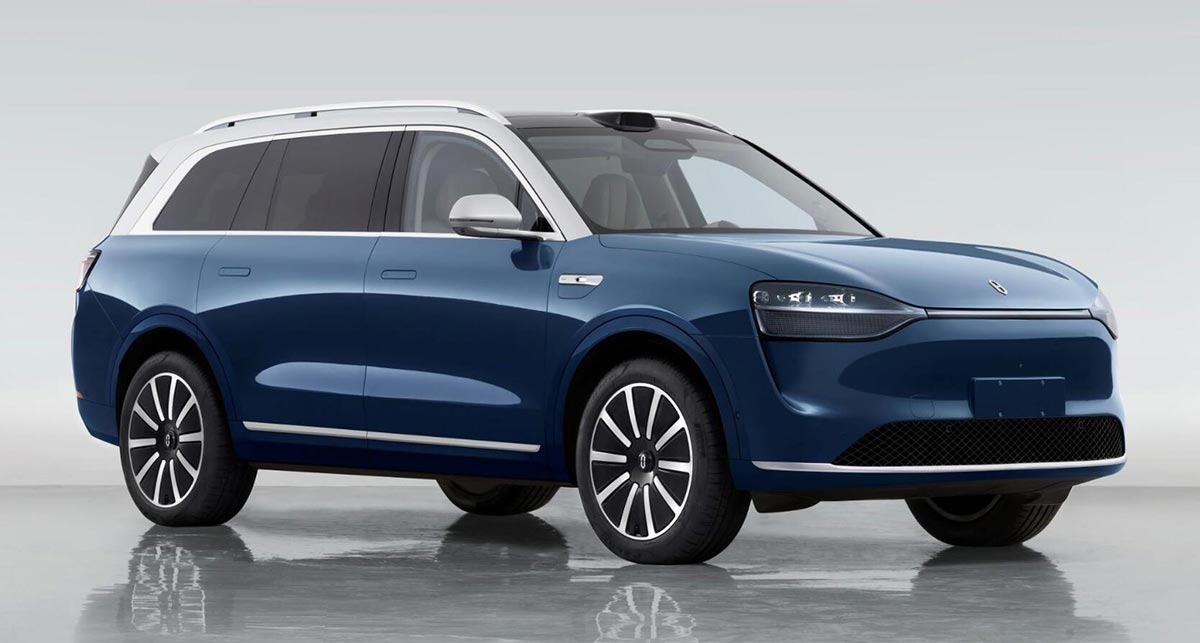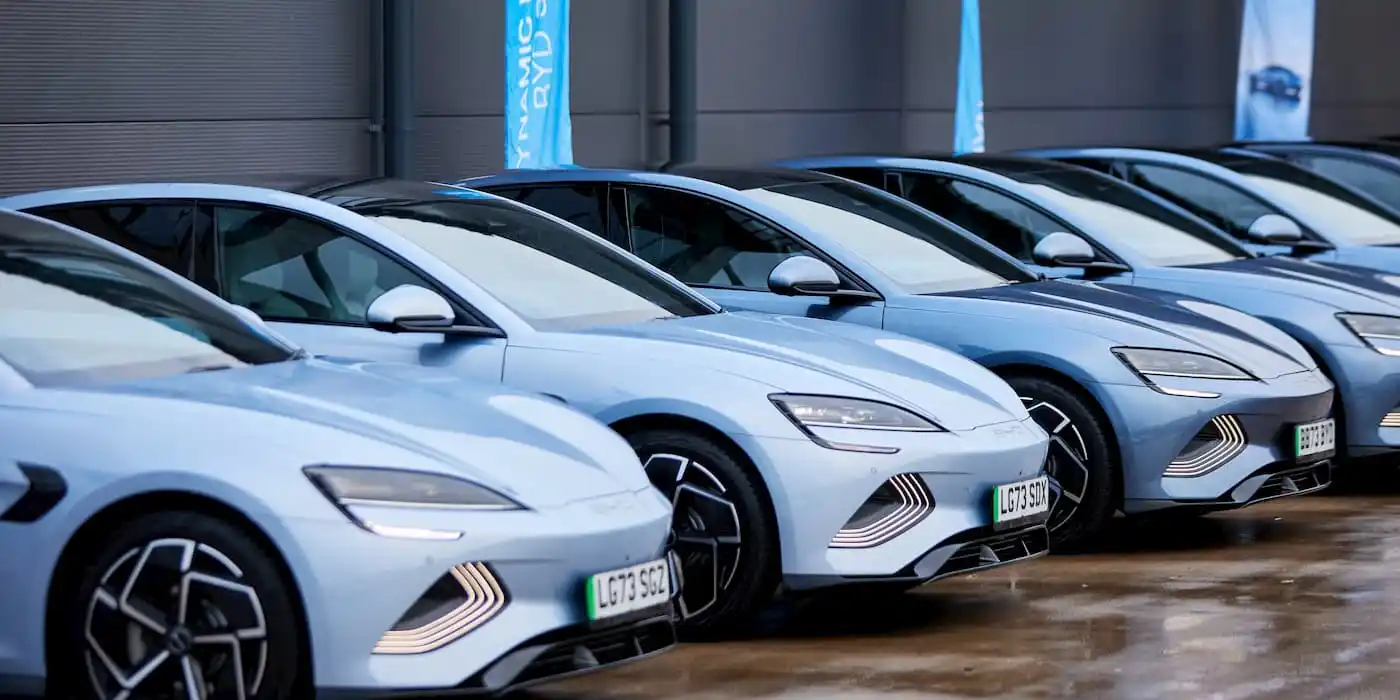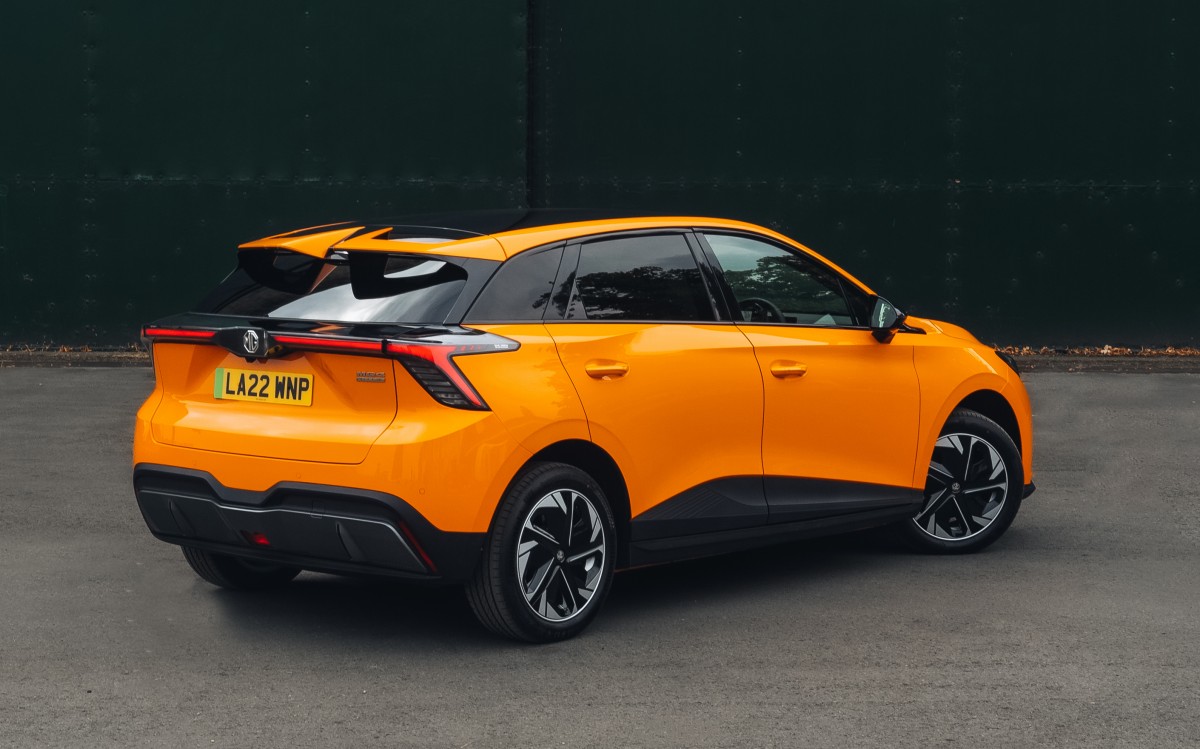As the European Commission prepares to finalize provisional tariffs on electric vehicles (EVs) imported from China, automakers brace for potential disruptions that could hinder their expansion in Europe. The tariffs, expected to range up to 37.6%, aim to prevent an influx of subsidized Chinese EVs into the European market despite ongoing negotiations and efforts to reach a compromise.
“The Chinese EV brands’ entry into Europe will face obstacles,” remarked Lei Xing, founder of consultancy AutoXing. “It’s akin to slowing down from 80 km/h to 60 km/h, but the momentum remains.”
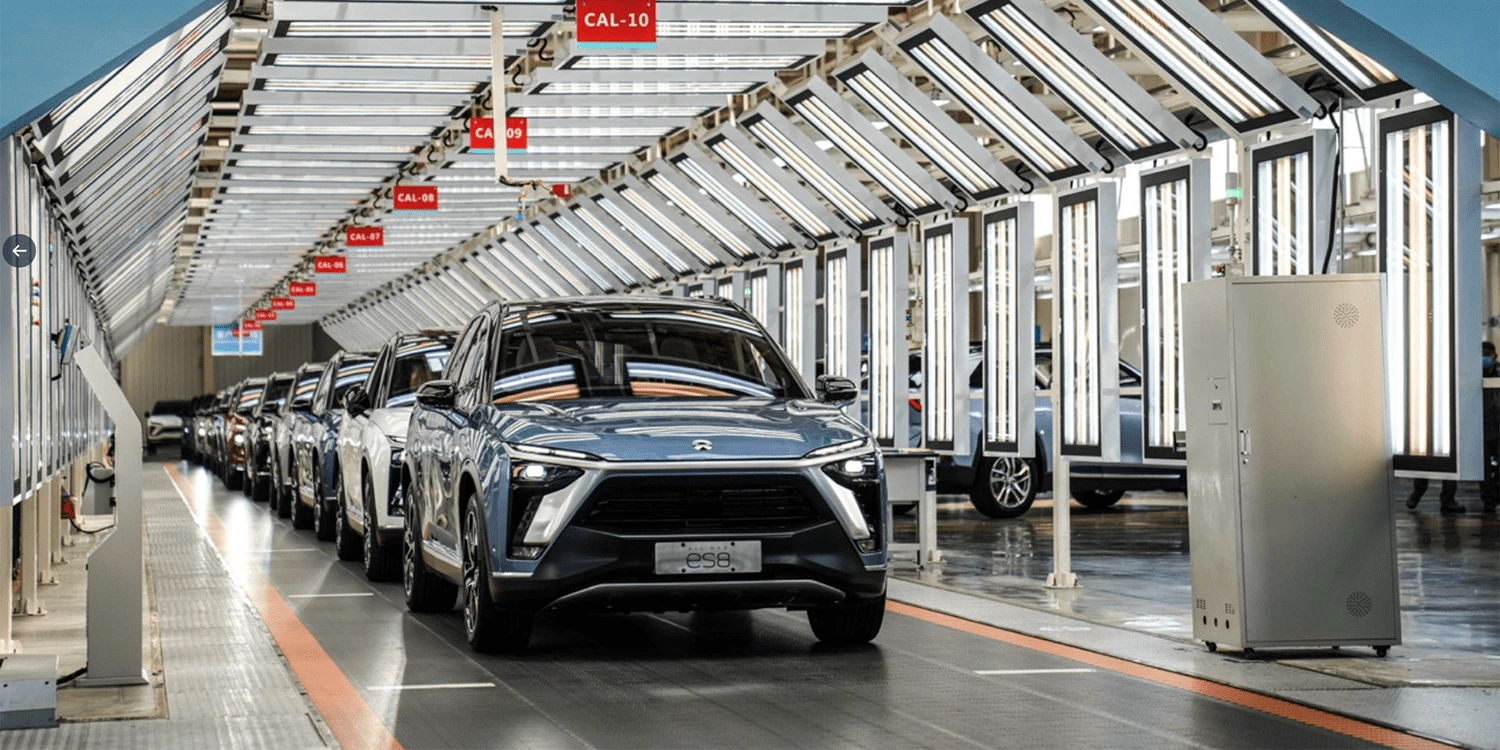
Major Chinese EV manufacturers like BYD and SAIC’s MG Motors face varying tariff increases, with BYD encountering a 17.4% hike, manageable according to analysts, while MG Motors may face more significant challenges.
The decision, set to be finalized in November, hinges on support from EU member states, with potential for wide-ranging repercussions as Beijing threatens retaliatory measures. Analysts suggest that both Europe and China have incentives to reach a resolution to mitigate billions in additional costs for Chinese EV makers.
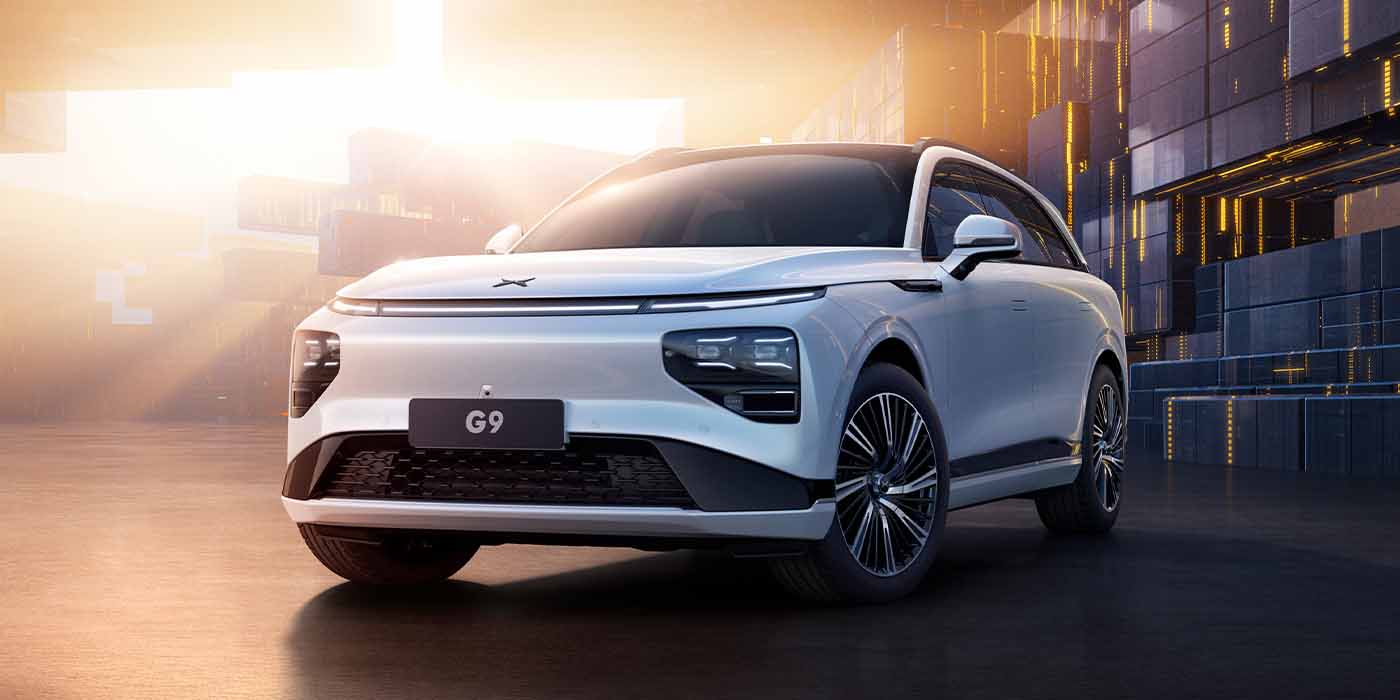
“The immediate impact could prompt Chinese companies to reconsider their export strategies and localize production closer to European markets,” noted Bill Russo, CEO of consultancy Automobility Ltd.
Despite some Chinese automakers already moving manufacturing to Europe, challenges remain regarding cost-effectiveness and supply chain efficiency. Adjusting pricing strategies may be necessary to offset tariff impacts, potentially affecting sales dynamics in the European EV market.


